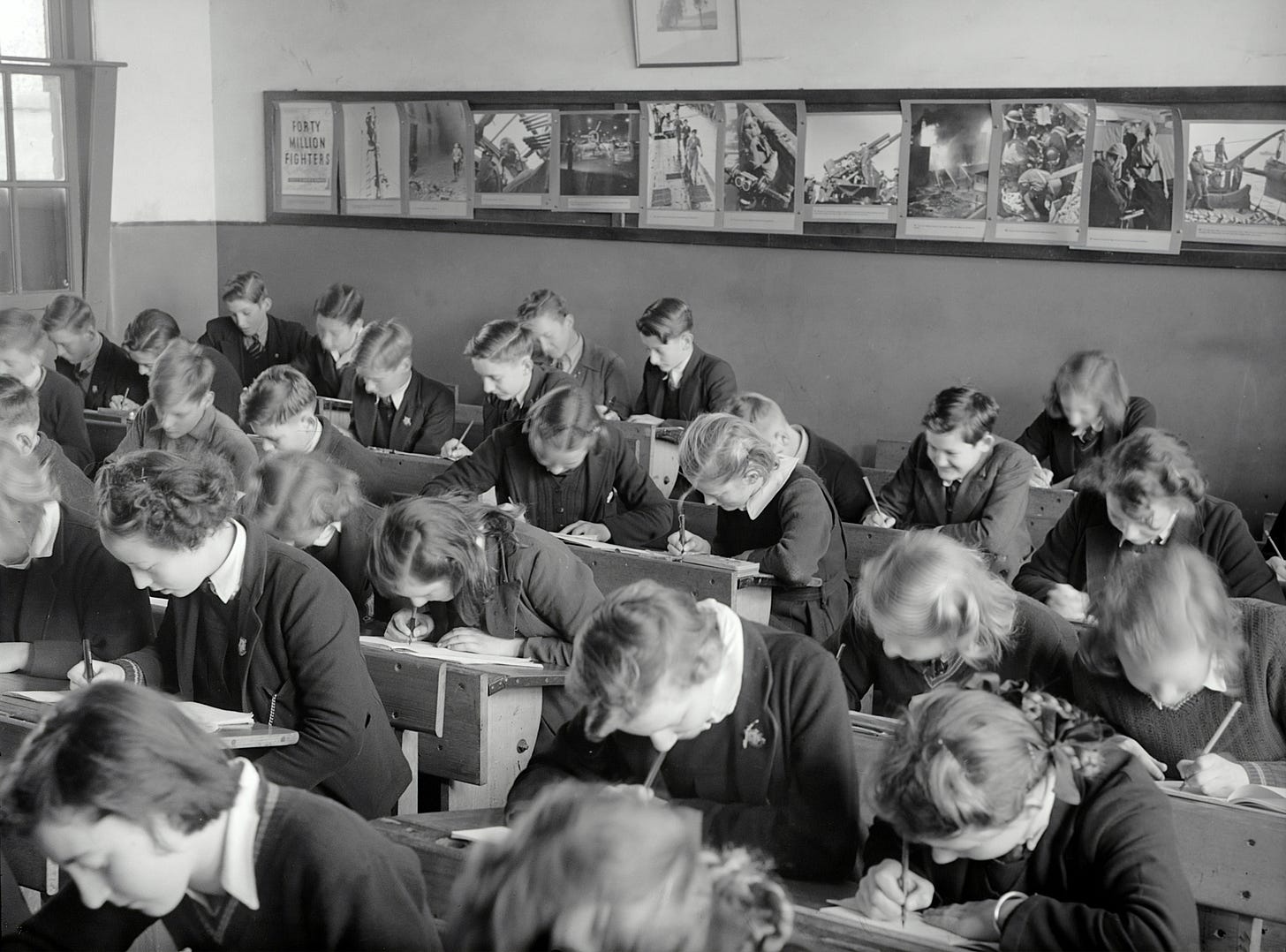What We All Wish for Them
Moving between the legs of tables and of chairs, rising or falling, grasping at kisses and toys, advancing boldly (...) retreating to the corner of arm and knee, eager to be reassured (T. S. Eliot)

There is something quietly hopeful yet tremulously tender about the first days of September — the new, hopeful reorder of routines, the fresh canvas of possibility. Yet, that same breath of anticipation brings in its wake the rawness of reality. I think of the words of the mother included in an EHCP (Education, Healt…


